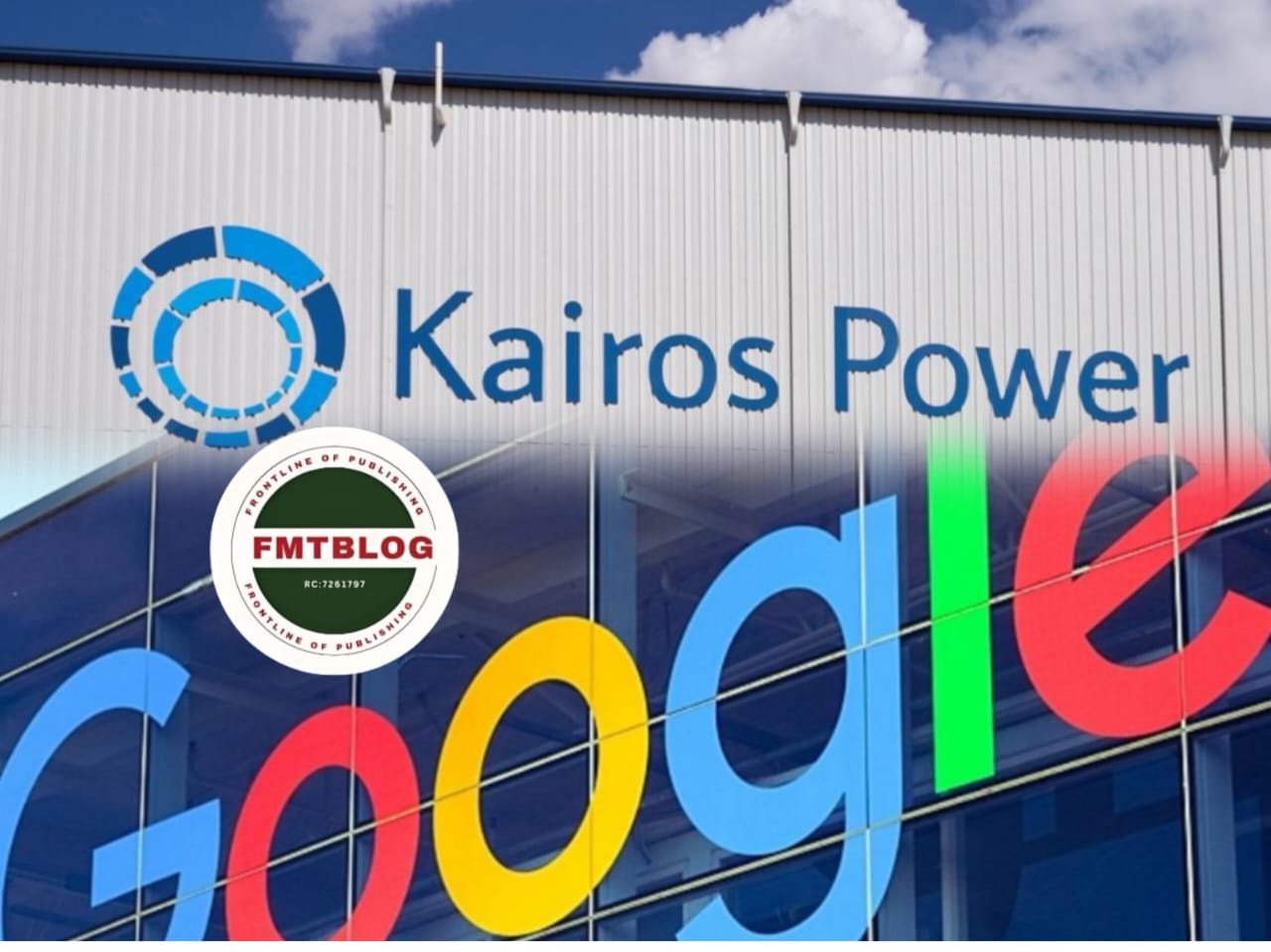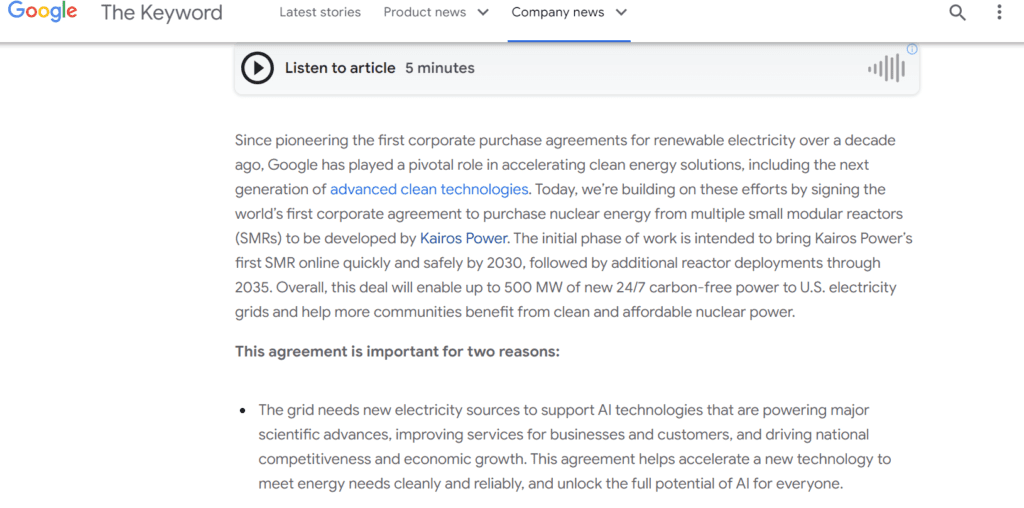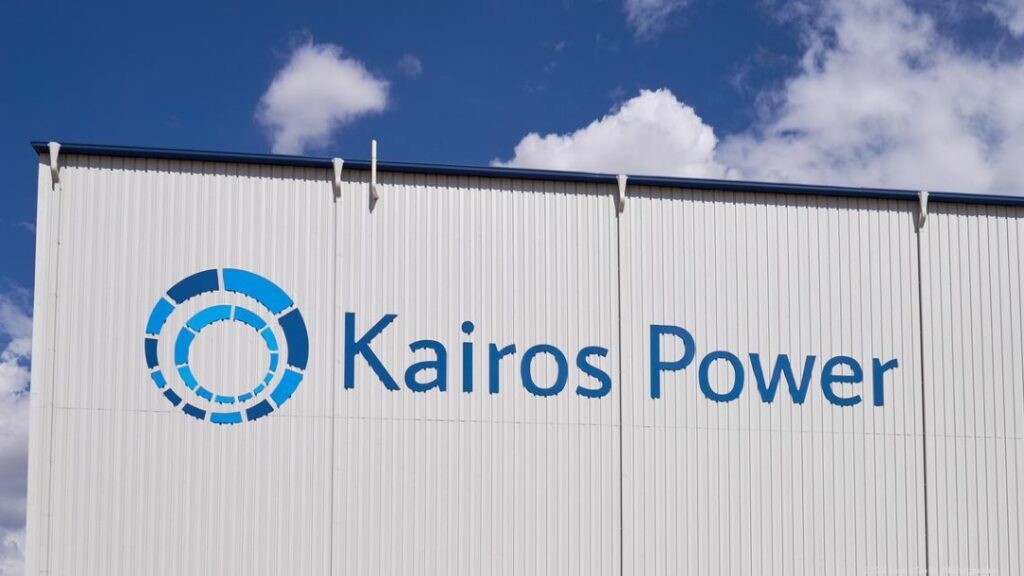
Google’s energy future is about to take a significant leap forward thanks to an exciting new agreement in the realm of nuclear clean energy. For those invested in a sustainable future—whether you’re an environmentalist, a professional in the energy sector, or a policy maker—this development with Kairos Power marks a pivotal moment.
In this blog post, we’ll break down what this agreement entails, its potential impact on clean energy, and what it means for the world at large.
 New nuclear energy agreement with Kairos Power
New nuclear energy agreement with Kairos Power
Understanding Clean Nuclear Energy

Nuclear energy has long been considered a powerful alternative to fossil fuels. It’s capable of producing large amounts of electricity without the carbon emissions that contribute to climate change. However, traditional nuclear power has been hampered by concerns over safety and waste management. This is where the new agreement with Kairos Power steps in. By leveraging advanced technologies, Kairos aims to create an energy solution that addresses these challenges, making nuclear a more appealing option for clean energy advocates.
Who is Kairos Power?

Kairos Power is a company that specialises in developing advanced reactors designed to be safer and more cost-effective than traditional nuclear power plants. Their technology focuses on utilizing fluoride salt-cooled high-temperature reactors, which promise enhanced safety measures and efficiency. This innovative approach places them at the forefront of the nuclear energy conversation, as they aim to provide a viable, green energy solution for the future.
The Agreement in Focus
The new nuclear clean energy agreement with Kairos Power is a strategic partnership that aims to accelerate the deployment of their advanced reactor technology.
This collaboration involves various stakeholders, including governmental bodies, industry leaders, and environmental organizations, all working together to streamline the process. By pooling resources and expertise, the partnership seeks to overcome existing barriers to nuclear energy implementation, paving the way for its integration into the global energy landscape.
Source: Google Youtube
Safety Advancements in Nuclear Technology
One of the key aspects of this agreement is the focus on safety advancements. Traditional nuclear power plants have raised concerns over potential accidents and the handling of radioactive waste. Kairos Power’s technology aims to mitigate these issues through innovative reactor designs. These include passive safety systems that require no human intervention during emergencies, as well as improved waste management solutions that minimize environmental impact.
Cost-Effectiveness of New Nuclear Power
Another important factor is the cost-effectiveness of these new nuclear solutions. High upfront costs have historically been a barrier to nuclear power adoption. However, Kairos Power’s approach aims to reduce these expenses significantly. By incorporating modular construction techniques and streamlined operational processes, the company expects to lower the financial burden of building and maintaining nuclear plants. This could make nuclear energy a more accessible option for countries seeking to diversify their energy portfolios.
Environmental Impacts and Benefits
From an environmental perspective, the benefits of this agreement are substantial. By generating electricity with minimal carbon emissions, nuclear power can play a crucial role in reducing our reliance on fossil fuels and addressing climate change. Additionally, the technology’s focus on waste reduction and safety improvements aligns with environmentalists’ goals of minimizing ecological harm while transitioning to cleaner energy sources.
Implications for the Energy Sector
For professionals in the energy sector, this agreement represents a significant shift in the landscape. It highlights the growing interest and investment in advanced nuclear technologies, signaling a potential resurgence of nuclear power as a leading player in the energy market. As the sector adapts to this change, there will be numerous opportunities for innovation, collaboration, and growth.
Policy Considerations and Challenges
Policy makers have a critical role to play in the successful implementation of this agreement. Developing supportive regulatory frameworks and ensuring public trust are essential steps in advancing nuclear energy adoption. Addressing concerns around safety, waste management, and cost will require transparent communication and engagement with the public. Navigating these challenges will be vital in realizing the full potential of this clean energy solution.
Global Impact and Future Prospects
On a global scale, the agreement with Kairos Power could have far-reaching implications. It represents a model for international collaboration in the pursuit of sustainable energy solutions. By setting a precedent for the integration of advanced nuclear technology, it paves the way for similar initiatives worldwide. This could lead to increased investment in research and development and a more rapid transition towards a low-carbon future.
Engaging with the Community
Building awareness and understanding of this new nuclear agreement is essential for gaining public support. By engaging with communities and stakeholders, Kairos Power and its partners can foster a sense of ownership and collaboration in the shift towards clean energy. Educational initiatives and transparent communication will be key strategies in building trust and enthusiasm for this groundbreaking development.
Conclusion
In conclusion, the new nuclear clean energy agreement with Kairos Power signifies a major advancement in the quest for sustainable energy solutions. By addressing key challenges associated with traditional nuclear power and promoting innovative technologies, this partnership offers a promising path forward.
For environmentalists, energy professionals, and policy makers alike, this development is an invitation to explore the potential of nuclear energy and its role in creating a greener future.
SOURCE |VIA



